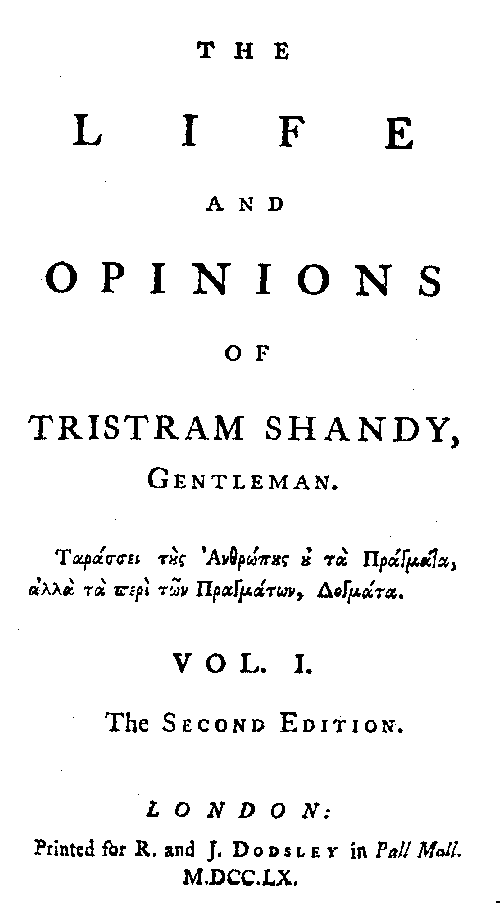The International Graduate School for Legal Historical Research is coordinated by members of the following institutes: Instituto de Investigaciones de Historia del Derecho in Argentina, Instituto Brasileiro de História do Direitoin in Brasil and Max-Planck-Institut für europäische Rechtsgeschichte in Germany.
The International Graduate School brings together outstanding young researches in the field of legal history in yearly workshops which rotate between Argentina, Brasil and Germany. It offers the possibility to present one’s own research project to a circle of renowned researchers and experts.
Third convention of the International Graduate School for Legal Historical Research
Eligible to apply are young researchers (PhD students) that are working on a legal historical subject.
Applications must be submitted by September 8th, 2013 using the application form together with an abstract of the research subject (approx. 600 words) and a CV. Please send your documents via electronic mail to Mrs. Nicole Pasakarnis.
A committee composed of the members of the three institutions will select a limited number of participants from the applications. All applicants will be informed by the beginning of October 2013. The selected researchers will have to submit their complete paper (written either in English, Portuguese, or Spanish) by December 31st, 2013. The papers will then be circulated among the participants.
The International Graduate School will provide hotel accommodation and cover the travel expenses of up to EURO 1,000 for trans-continental flights and up to EURO 400 within Europe.
Schedule
8 September 2013: Application deadline
Beginning of October 2013: Accouncement of participants selected
31 December 2013: Deadline for complete paper submission
10 - 14 February 2014: Workshop in Frankfurt
Source: HSozUKult
| Kontakt: |
Nicole Pasakarnis
Hausener Weg 120, 60489 Frankfurt
pasakarnis@rg.mpg.de
|
|
|


















